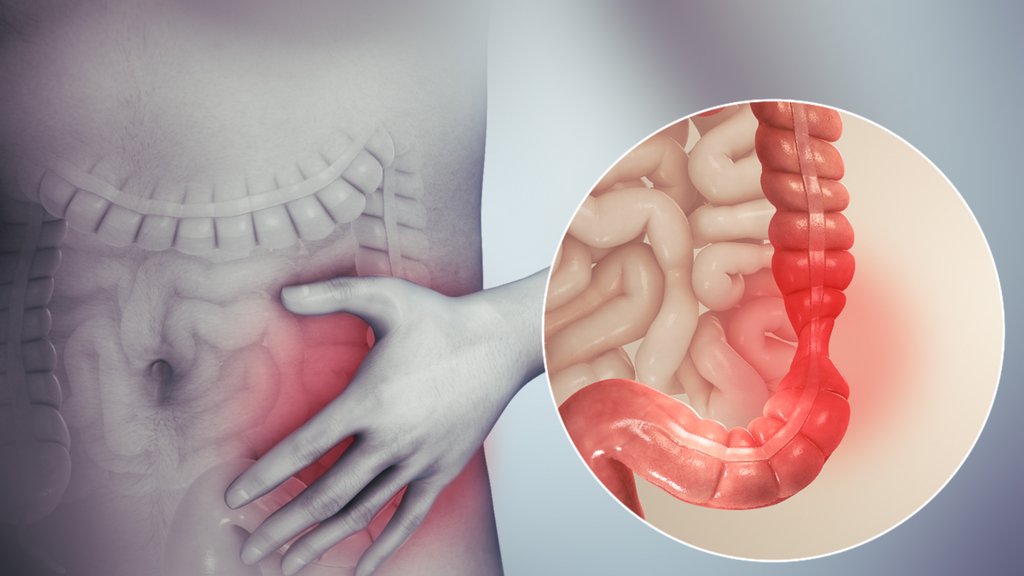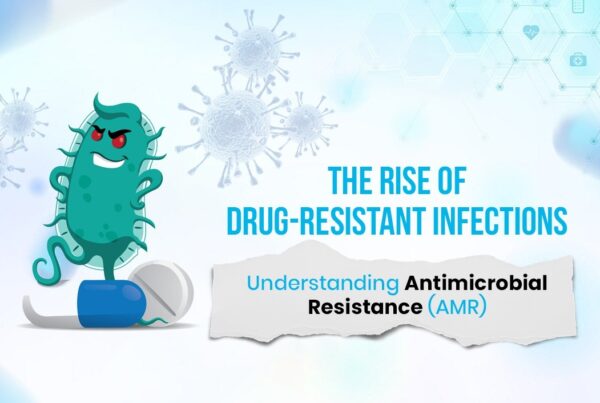Heads up
Irritable bowel syndrome (IBS) is a common disorder that affects the large intestine. Signs and symptoms include cramping, abdominal pain, bloating, gas, and diarrhea or constipation, or both and is a chronic condition that you’ll need to manage for a long term.
IBS is a mix of belly discomfort or pain and trouble with bowel habits: either going more or less often than normal (diarrhea or constipation) or having a different kind of stool (thin, hard, or soft and liquid).
Doctors call IBS other names including:
- IBS colitis
- Mucous colitis
- Spastic colon
- Nervous colon
- Spastic bowel
There are four types of the condition.
IBS with constipation (IBS-C)
IBS with diarrhea (IBS-D).
Alternating pattern of constipation and diarrhea. This is called mixed IBS (IBS-M). For people who don’t fit into these categories easily, the condition is called unsubtyped IBS, or IBS-U.
Causes and Risk Factors
- Muscle contractions in the intestine
- Severe infection
- Early life stress
- Nervous system
Symptoms
People with IBS have symptoms that can include:
- Diarrhea (often described as violent episodes of diarrhea)
- Headaches
- Constipation
- Constipation alternating with diarrhea
- Belly pains or cramps, usually in the lower half of the belly, that get worse after meals and feel better after a bowel movement
- A lot of gas or bloating
- Harder or looser stools than normal (pellets or flat ribbon stools)
- A belly that sticks out
- Mucus in your poop
- Feeling like you still need to poop after you just did
- Food intolerance
- Tiredness
- Anxiety
- Depression
- Heartburn and indigestion
- Needing to Pee a lot
Symptoms of IBS can be triggered by
- Food. The role of food allergy or intolerance in IBS isn’t fully understood. A true food allergy rarely causes IBS. But many people have worse IBS symptoms when they eat or drink certain foods or beverages, including wheat, dairy products, citrus fruits, beans, cabbage, milk and carbonated drinks
- Stress. Most people with IBS experience worse or more-frequent signs and symptoms during periods of increased stress. But while stress may aggravate symptoms, it doesn’t cause them
Risk factors
Many people have occasional signs and symptoms of IBS. But you’re more likely to have the syndrome if you:
- IBS occurs more frequently in people under age 50.
- IBS is more common among women. Estrogen therapy before or after menopause also is a risk factor for IBS.
- Genes may play a role, as may shared factors in a family’s environment or a combination of genes and environment.
- Have anxiety, depression or other mental health issues. A history of sexual, physical or emotional abuse also might be a risk factor.
Complications
Chronic constipation or diarrhea can cause hemorrhoids.
In addition, IBS is associated with:
- Poor quality of life – Many people with moderate to severe IBS report poor quality of life. Research indicates that people with IBS miss three times as many days from work as do those without bowel symptoms.
- Mood disorders – Experiencing the signs and symptoms of IBS can lead to depression or anxiety. Depression and anxiety also can make IBS worse.
Diet and lifestyle changes
Usually, with a few basic changes in diet and activities, IBS will improve over time. Here are some tips to help ease symptoms:
- Avoid caffeine (in coffee, tea, and soda).
- Add fiber to your diet with foods like fruits, vegetables, whole grains, and nuts.
- Drink at least three to four glasses of water per day.
- Don’t smoke.
- Learn to relax, either by getting more exercise or by reducing stress in your life.
- Limit how much milk or cheese you eat.
- Eat smaller meals more often instead of big meals.
- Keep a record of the foods you eat so you can figure out which foods bring on bouts of IBS.
Foods to eat that may provide symptom relief – (home remedies and others) for some people:
- Dietary fiber supplements
- Water
- Low-fat foods
- High-carbohydrate foods (such as whole wheat pasta, brown rice, and whole grain breads)
- Probiotics (containing Lactobacillus acidophilus a and Bifido bacterium) and prebiotics
- Some people report kefir or Aloe Vera juice helps symptoms. Talk to a doctor about these home remedies.
- A high-fiber diet may help relieve constipation in some cases of IBS, but it may also worsen some symptoms such as bloating and gas. The current recommended daily fiber intake is 20-35 grams daily. Most people fall short of this daily fiber intake and can benefit from a small increase in fiber, but it is best to increase the amount in your diet slowly to reduce gas.
Foods to avoid or limit if you have IBS
- Dairy products, including milk and cheese (Lactose intolerance symptoms can be similar to IBS symptoms.)
- Certain vegetables that increase gas (such as cauliflower, broccoli, cabbage, Brussels sprouts) and legumes (such as beans)
- Fatty or fried foods
- Alcohol, caffeine, or soda
- Foods high in sugars
- Artificial sweeteners
- Chewing gum
- Nuts









